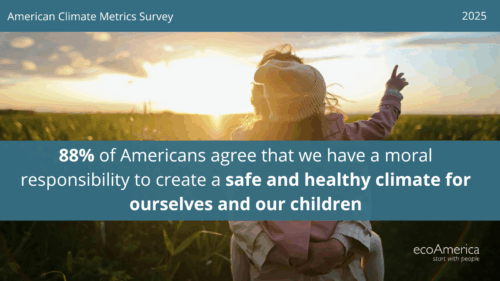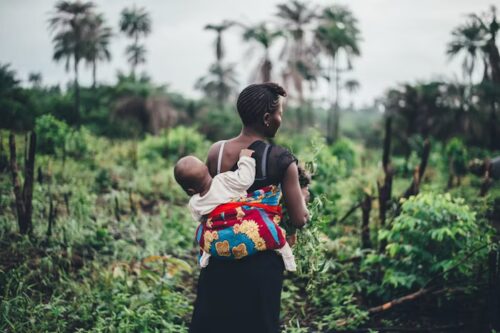
Climate Change Food Systems
The EAT-Lancet Commission on healthy, sustainable, and just food systems. The Lancet.
The EAT-Lancet Commission presents new evidence on nutrition and health within safe and just planetary boundaries, including updates to the Planetary Health Diet, assessments of food systems’ impacts on the Earth system, and action-oriented recommendations.
• Foundational Documents, Research & Reports





